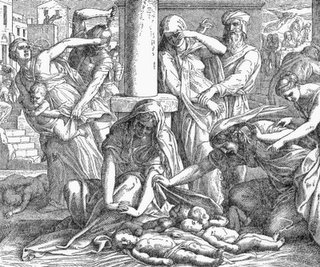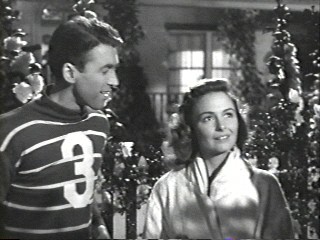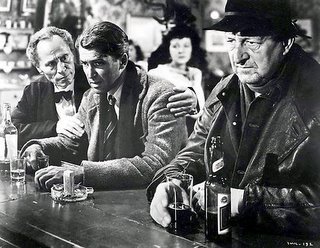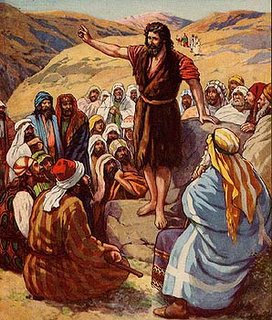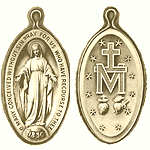Finding your passion
Back to St. John for a moment. I want to pass along a beautiful reflection I read yesterday on John and his discovery of his vocation from Jesus. I've had similar conversations with so many people (including myself!) as to how difficult it is for us to find our vocation, our "job", in this life. I believe that when one finally discovers that vocation...that passion...that thing that DRIVES us forward in a positive and edifying manner, it has to be the most exciting, yet peaceful, moments ever in a person's life. May each of us find it. And if we are listening, it could be we already are being "told" what it is. It might be as simple, yet so very important, as being the best parent/son/daughter we can be. The problem is that the world today doesn't believe in those things...they aren't "sexy" enough. More's the pity.
Do we want to hear that voice? That's the question.
For St. John, as for everyone else, his vocation gave a new meaning even to the most ordinary things. The whole of life is affected by Our Lord's plans for each one of us. The discovery of one's personal vocation, is the most important point in each person's existence. It changes everything without changing anything; just as a landscape, without changing, is different before and after the sun goes down, beneath the light of the moon, or wrapped in the darkness of night. Every discovery gives a new beauty to things, and a new light creates new shadows; one discovery is the prelude to other discoveries of new lights and more beauty. - (In Conversation with God, Volume 1: Advent and Christmastide. By Francis Hernandez)

